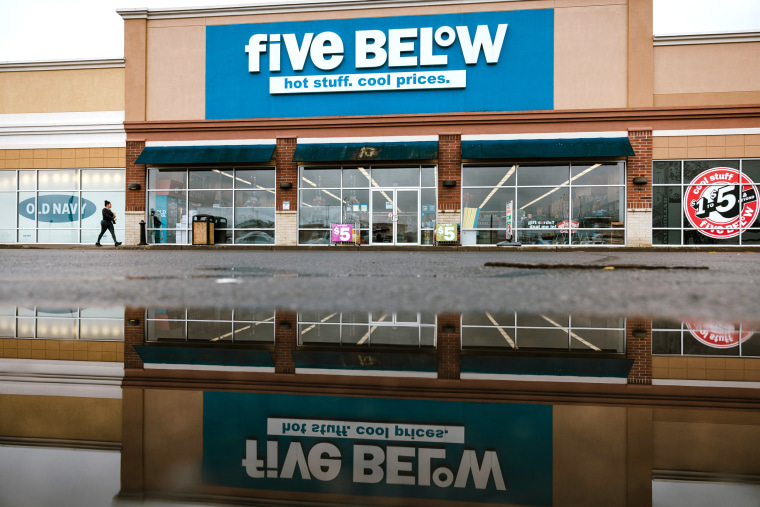In recent years, the rise of self-checkout options in major retailers has been met with mixed responses from both customers and businesses. While self-checkout kiosks were initially touted as a convenient and time-saving alternative to traditional cashier lines, many major retailers are now backtracking on their implementation of this technology. This shift in strategy indicates a growing recognition of the drawbacks associated with self-checkout systems, as well as a renewed focus on customer satisfaction and loyalty.
One of the key reasons major retailers are scaling back on self-checkout options is the impact on the overall shopping experience. While self-checkout kiosks were intended to expedite the checkout process, many customers have expressed frustration with technical glitches, inaccurate weight measurements, and difficulties scanning items. These issues not only lead to longer wait times but also create a sense of frustration and dissatisfaction among customers, ultimately undermining the goal of enhancing convenience and efficiency.
Moreover, the increased use of self-checkout options has raised concerns about potential job losses and the dehumanization of the retail experience. As major retailers automate more aspects of the shopping process, there is a risk of displacing human cashiers and diminishing the personal interaction between customers and store employees. This shift away from traditional, face-to-face interactions can erode the sense of community and connection that many customers value in their shopping experiences, leading to a loss of loyalty and decreased brand trust.
Additionally, the pushback against self-checkout systems reflects a broader trend towards prioritizing customer satisfaction and personalized service in the retail sector. By reverting to traditional cashier-operated checkout lanes, major retailers are signaling a commitment to meeting the diverse needs and preferences of their clientele. Human cashiers offer a level of engagement and assistance that cannot be replicated by self-checkout machines, creating a more welcoming and customer-centric environment that fosters relationships and builds brand loyalty.
Ultimately, the decision of major retailers to backtrack on self-checkout options signals a recognition of the limitations and pitfalls of technology-driven solutions in the retail industry. By acknowledging the importance of human interaction, personalized service, and customer satisfaction, retailers can cultivate a more positive and engaging shopping experience that resonates with consumers and sets them apart in a competitive marketplace. As the retail landscape continues to evolve, striking a balance between innovation and human connection will be essential for building enduring relationships with customers and driving long-term success.
